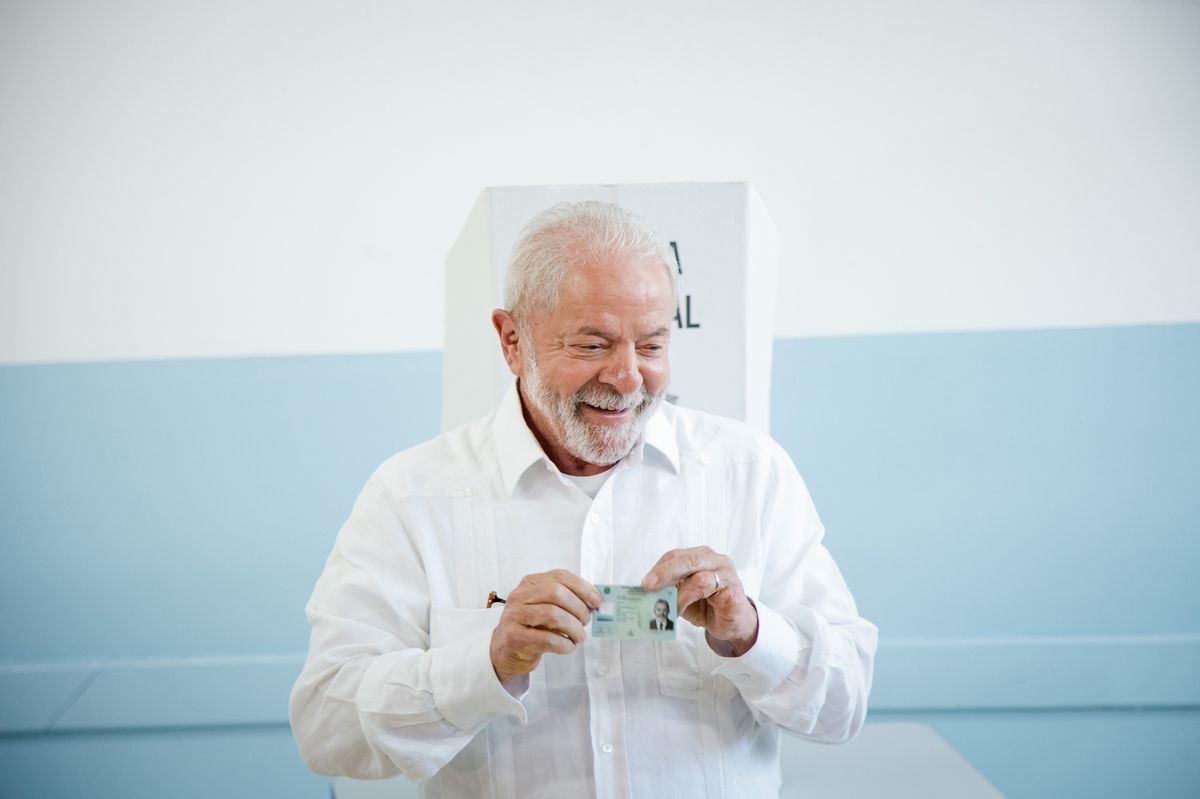President Lula: How his spectacular comeback expands the left-of-centre political spectrum in Latin America
As opening lines of a victory speech go, “They tried to bury me alive and here I am” certainly has a ring to it. The victory of Luiz Inácio Lula da Silva in Brazil’s presidential election over incumbent Jair Bolsonaro marks the end of a dramatic and bitter campaign. Bolsonaro and his supporters seemed to follow the script first acted out by Donald Trump — calling into question the media,
election process and even threatening not to accept the verdict. Lula, on the other hand, sought to build a coalition to overcome the incumbent’s popularity, choosing former rival Geraldo Alckmin as the vice-presidential candidate. Lula, who was president from 2003-2010, was imprisoned for nearly a year on corruption charges in 2018, which were finally dismissed.
Lula’s victory is part of a broader trend in Latin America — a renewed Pink Tide — which has seen left-of-centre governments emerge in Bolivia, Colombia and Chile, among others. Even as Europe and the West are seeing the election of right-wing,
populist governments that often fan nativist sentiments, Latin America seems to be developing a new Green leftism. Lula, for example, has promised a Green Deal that is far more ambitious than its US counterpart and could heal some of the damage to the Amazon
while Gabriel Boric (one of the youngest heads of state in the world) won the election decisively in December 2021, the radical new constitution he backed was soundly voted down by the people.
Lula is a seasoned politician and knows how to build coalitions. But his vision also invites questions of feasibility and fiscal responsibility. Given that his margin of victory was narrow, (51 per cent to 49 per cent for Bolsonaro), the veteran of Brazilian politics may choose to cement his comeback before embarking on radical changes.


